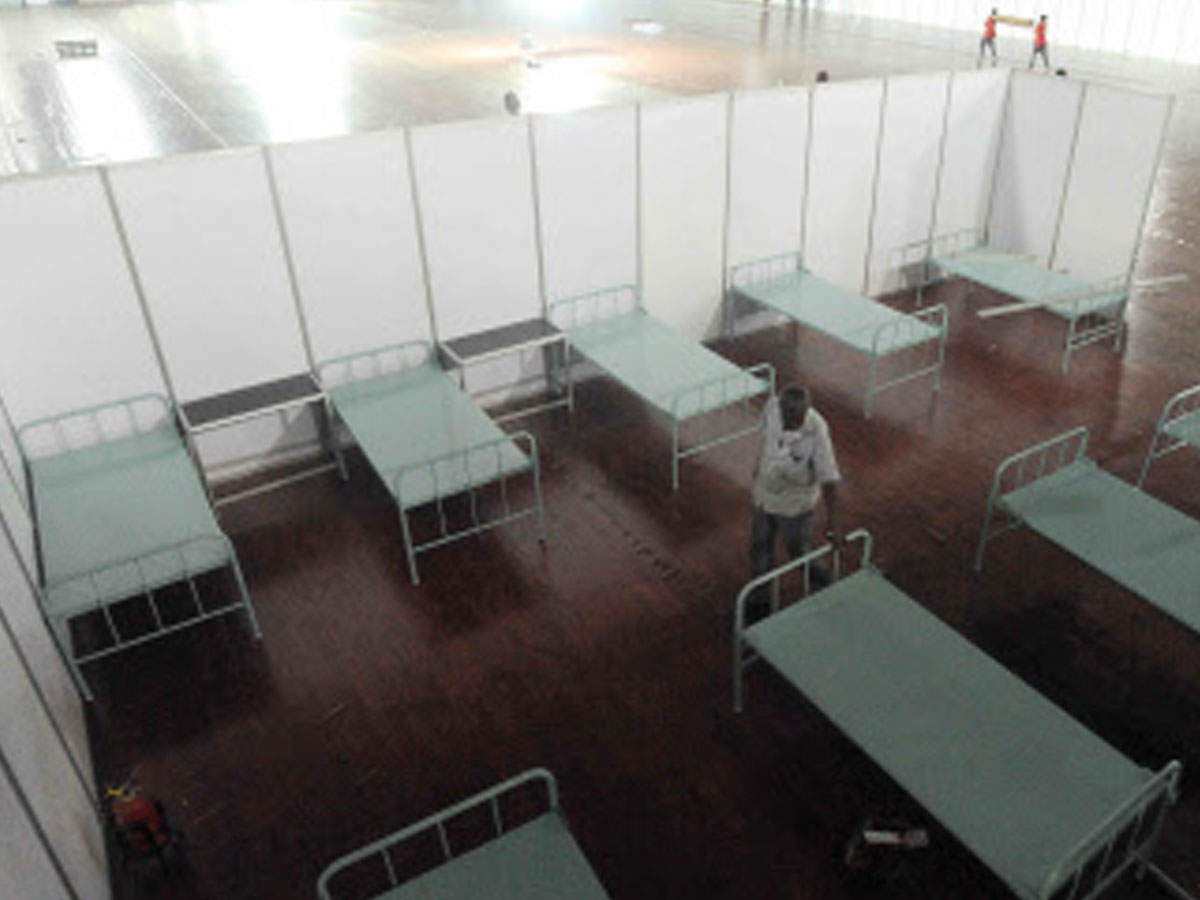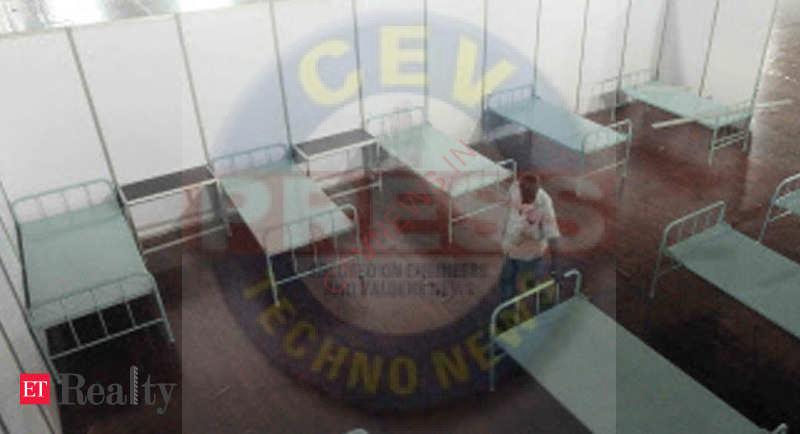
BENGALURU: With Bengaluru emerging as an epicentre of Covid-19 cases in Karnataka for the last one year, the city’s civic body has recently allowed all the non-governmental organisations (NGOs), corporates, resident welfare associations (RWAs) and other apartment complexes to set up Covid care centres within their premises for treating the asymptomatic and mild symptomatic patients.
Bengaluru has been grappling with a shortage of beds for quite some time, especially after the outbreak of the second Covid wave. The city’s Covid tally now stands at over 25,000.
“With the rising number of Covid cases, the civic body has decided to allow setting up of Covid care centres,” a senior health department official told IANS.
The officer added that such an order was in operation during the first wave too, but it had not garnered much attention as the government had not faced such a huge crisis earlier.
Meanwhile, Bengaluru civic body’s Chief Commissioner Gaurav Gupta told the media that many RWAs, apartment complexes and individual organisations had submitted requests and sought permission to set up CCCs within their premises to attend to the asymptomatic and mild symptomatic patients with the necessary medical assistance.
“As a result of this, we have issued this order as well as directed our zonal health officers to give permission by obtaining approval from the Zonal Commissioners,” he said.
“Many apartment management committees had come up with this idea after several people tested positive in a block of an apartment or a floor of the apartment complex.
“Many apartment dwellers felt the need to quarantine even asymptomatic patients instead of home isolation. Therefore, they converted their clubhouses into Covid care centres, this is helping them to contain the spread of the virus,” Ashish Kulkarni, a resident of an upmarket apartment complex in Vidyaranyapura told IANS.
The Bengaluru civic body has also laid down various conditions and rolled out a list of prerequisites to set up CCCs. Permission has been given only to admit asymptomatic and mild-symptomatic patients.
“The RWAs shall have a tie-up with the medical team or with a doctor residing in the premises for triaging and regular clinical support of the patients,” the order stated.

